Discover the top 5 free cybersecurity tools to protect your online privacy in 2025. Simple, secure, and beginner-friendly. Start defending your data today.
Cyber threats aren’t just targeting big businesses anymore—everyday internet users like you and me are now prime targets for hackers. From your banking apps to email accounts and even your social media profiles, cybercriminals are constantly on the lookout for vulnerabilities.
The good news? You don’t need to break the bank to defend yourself. Thanks to the growing demand for online safety, many reliable and powerful free cybersecurity tools are now available for everyone—even beginners. Whether you’re trying to block malware, secure your connection, or protect your passwords, these tools can help you build a solid defence.
In this guide, we’ll introduce you to the best free cybersecurity tools for 2025 that you can start using today. These hand-picked solutions are not only effective but also user-friendly, making them perfect for those new to cybersecurity. Protecting your digital life has never been easier—or more affordable—with free cybersecurity tools designed to keep your data safe.
Why Free Cybersecurity Tools Are Essential in 2025
Cyber attacks are getting smarter. According to recent studies, phishing scams, malware, and ransomware attacks have increased by over 250% in the past three years.
Still, many people hesitate to invest in digital protection—mainly because of cost or complexity. That’s where free cybersecurity tools come in.
Modern free tools are not only powerful, but many are also backed by respected security companies. They’re beginner-friendly, work across devices, and provide solid protection against the most common threats.
Top 5 Free Cybersecurity Tools (Ranked)
Here are the five best free tools we recommend to keep yourself safe online in 2025:
1. Bitdefender Antivirus Free Edition
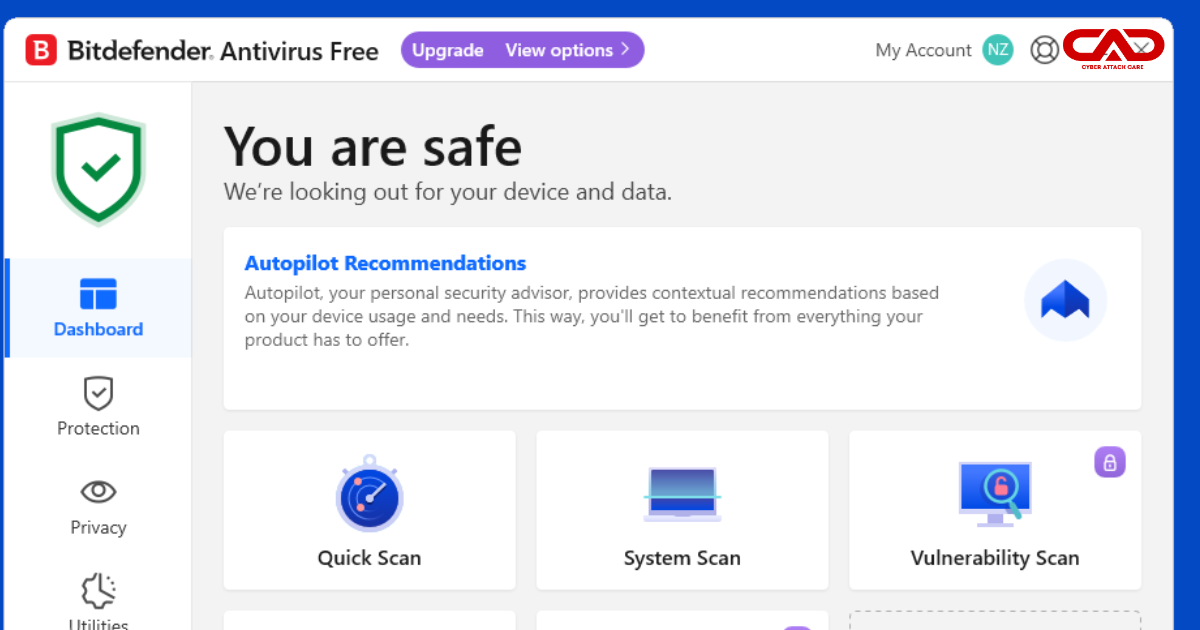
Bitdefender is one of the most trusted names in the cybersecurity industry. Its free version is lightweight, fast, and offers powerful real-time protection against viruses and malware.
Why we love it:
-
Runs silently in the background
-
Detects and blocks threats quickly
-
Zero ads or bloatware
✅ Best for: General protection for home users and students.
2. ProtonVPN Free
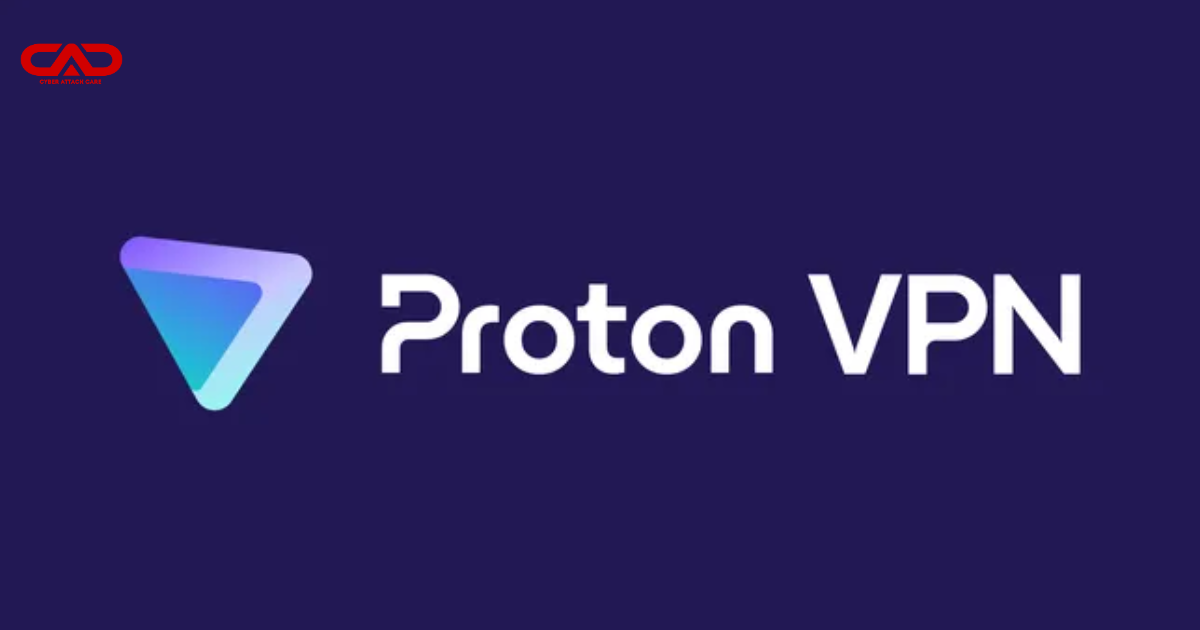
Using public Wi-Fi? That’s a common entry point for hackers. ProtonVPN offers unlimited free data, strong encryption, and a no-logs policy—even in its free plan.
Why we love it:
-
No bandwidth limits
-
Strong privacy (Swiss-based company)
-
Works on mobile and desktop
✅ Best for: People who browse on public Wi-Fi or want online anonymity.
3. Malwarebytes Free
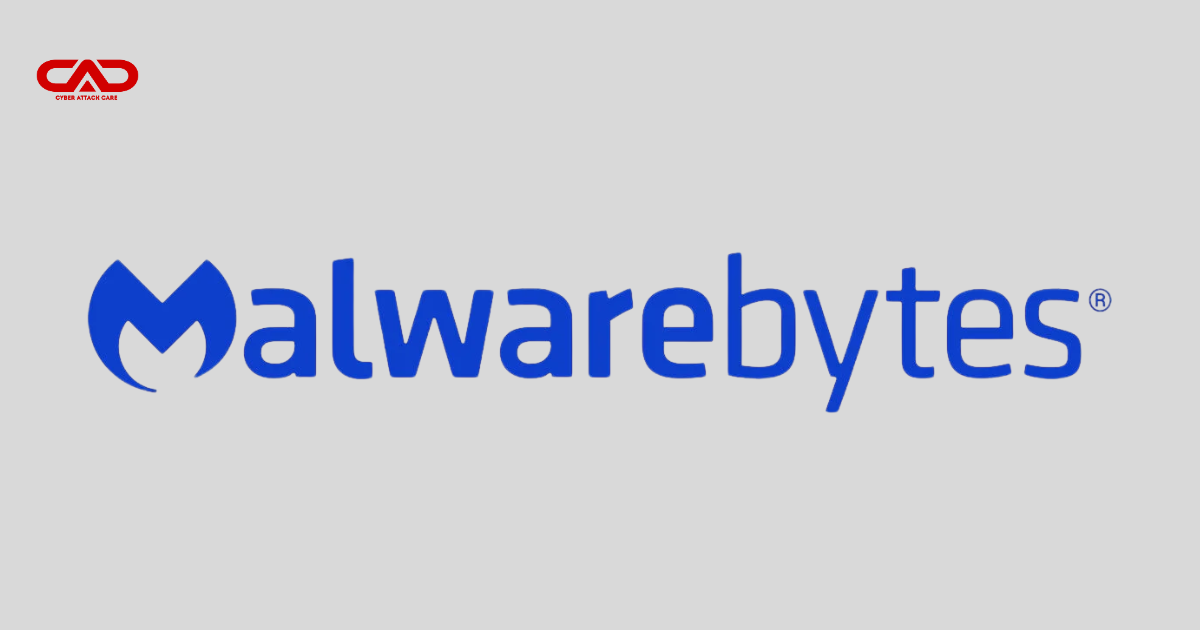
While most antivirus tools focus on viruses, Malwarebytes is a beast when it comes to detecting spyware, ransomware, and adware. It’s a great second layer of defence.
Why we love it:
-
Quick scans that find hidden threats
-
Ideal for removing unwanted junk and malware
-
Clean, easy-to-use interface
✅ Best for: Users who need extra protection alongside antivirus.
4. Avast Secure Browser
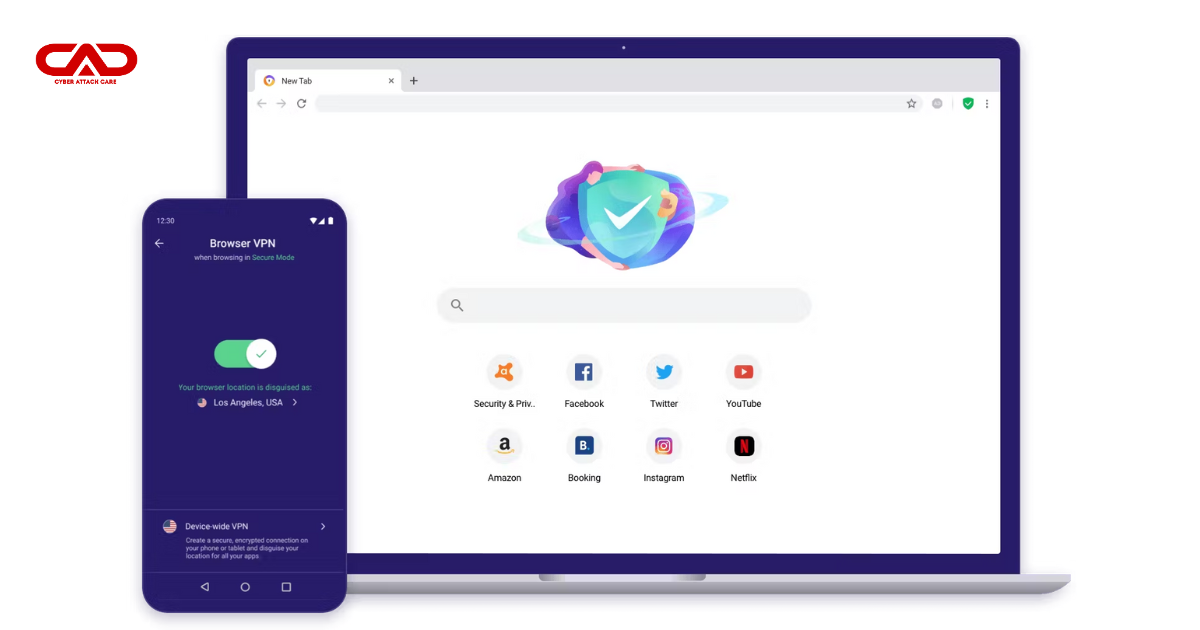
Browsers are often the first line of attack—from fake websites to tracking scripts. Avast Secure Browser is a free Chromium-based browser with built-in privacy features.
Why we love it:
-
Blocks ads and trackers
-
Built-in anti-phishing protection
-
Bank Mode for safe online shopping
✅ Best for: Safe browsing and privacy while using the internet.
5. LastPass Free Password Manager
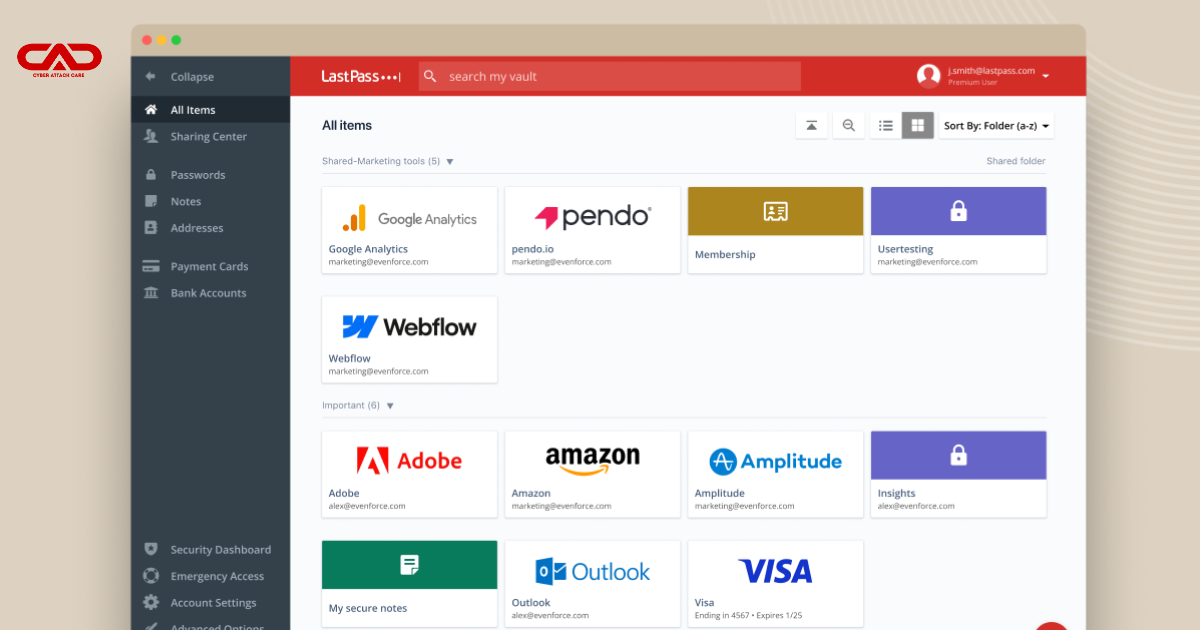
Reusing weak passwords? That’s a hacker’s dream. LastPass helps you generate, store, and autofill strong passwords—all secured behind one master password.
Why we love it:
-
Strong password generator
-
Syncs across devices
-
Secure vault and 2FA support
✅ Best for: Anyone who struggles to remember or manage passwords securely.
How to Choose the Right Free Tool for You
Choosing the right tool depends on your online habits:
-
Use Bitdefender if you want a “set it and forget it” antivirus.
-
Go with ProtonVPN if you browse on public Wi-Fi.
-
Add Malwarebytes if you’ve clicked suspicious links in the past.
-
Try LastPass if you reuse passwords or forget them often.
-
Use Avast Secure Browser if privacy while browsing matters to you.
Bonus Tip: Don’t rely on just one tool—combine an antivirus, VPN, and password manager for stronger protection.
Common Mistakes to Avoid with Free Security Tools
Free tools are great, but they’re not magic. Here are common mistakes people make:

❌ Not updating software regularly
❌ Using fake “free” tools from sketchy websites
❌ Trusting free tools too much and ignoring safe habits
❌ Skipping password security or using “123456” everywhere
Even with great tools, your habits are your first defence.
CyberAttackCare’s Pro Tips for Staying Safe
Here are expert-approved safety tips you should practice along with using free tools:
✅ Turn on two-factor authentication (2FA) on your accounts.
✅ Don’t click unknown links, even if they look legit.
✅ Regularly back up your data to the cloud or USB.
✅ Always download tools from official websites.
✅ Use unique passwords for each account.
Conclusion:
Cybersecurity doesn’t have to be expensive to be effective. With the right selection of free cybersecurity tools, you can take meaningful steps to protect your online presence today. Whether you’re using a free antivirus, a trusted VPN, or a secure password manager, these tools provide solid defence against common threats like malware, phishing, and ransomware. The best part? You don’t need to be a tech expert or spend a rupee to get started. Most free cybersecurity tools are designed with beginners in mind, offering easy interfaces and reliable protection.
But remember—tools alone aren’t enough. Your digital safety also depends on smart habits: don’t reuse passwords, avoid clicking on suspicious links, and always verify the source before downloading anything. Combining smart behaviour with the power of free cybersecurity tools creates a layered defence that hackers will find hard to crack. 💬 Want to stay safer online? Dive into more beginner-friendly guides, expert reviews, and step-by-step tutorials right here at CyberAttackCare.com. We’re here to help you stay informed, stay secure, and stay one step ahead of the cybercriminals.
FAQs
What are the best free cybersecurity tools in 2025?
Some of the best tools include Bitdefender Free, ProtonVPN, Malwarebytes, Avast Secure Browser, and LastPass—all offering solid, no-cost protection.
Are free antivirus tools enough to protect me?
They offer basic protection. For complete safety, pair them with a VPN and password manager — and practice smart online behaviour.
Can I trust free cybersecurity tools?
Yes—if you use tools from reputable companies and official websites. Avoid fake tools or cracked software.
Is it okay to use free VPNs?
Some free VPNs are safe—like ProtonVPN, which doesn’t sell your data. Avoid VPNs with ads, data caps, or unclear policies.
What are the best free cybersecurity tools in 2025?
Some of the most trusted free tools include Bitdefender Free Antivirus, ProtonVPN, Malwarebytes Free, LastPass, and Avast Secure Browser — all reliable for different cybersecurity needs.
Are free antivirus tools enough to protect me?
Free antivirus tools offer essential protection, but they don’t cover everything. To stay fully protected, use them alongside a VPN, password manager, and safe online habits.
Can I trust free cybersecurity tools from GitHub?
Yes, open-source cybersecurity tools on GitHub can be powerful — but only use those created or maintained by trusted developers or organizations. Always check reviews, stars, and community support before downloading.
What are the best cybersecurity tools for beginners?
For beginners, tools like Bitdefender, Malwarebytes, LastPass, and ProtonVPN are great because they’re easy to use, require no tech skills, and offer strong protection right out of the box.
Are free cybersecurity tools shared on Reddit safe?
Reddit can be a great place to discover new tools, but use caution. Always verify links, check user feedback, and only download tools from official websites or GitHub repositories.
Where can I find a complete cyber security tools list?
You can find detailed lists on sites like CyberAttackCare.com, GitHub, Reddit threads, or forums like StackExchange. These often include tools for antivirus, password management, network scanning, and encryption.
Can I download a PDF list of cybersecurity tools?
Yes! Many cybersecurity training platforms and blogs offer downloadable PDF lists. You can also create your own from curated GitHub repositories or learning portals. (You can even publish one on your own site!)
What are the best free cybersecurity tools in 2025?
Alongside the ones mentioned, also explore GlassWire (network monitoring), Wireshark (packet analysis), ClamAV (open-source antivirus), and KeePass (offline password manager).
What is the top 10 cybersecurity software list in 2025?
While there are many options, here’s a current top 10 list:
-
Bitdefender Free Antivirus
-
ProtonVPN
-
Malwarebytes
-
LastPass Free
-
Avast Secure Browser
-
GlassWire
-
ClamAV
-
KeePass
-
Wireshark
-
NordLocker (limited free tier)
What are common cybersecurity tools and techniques?
Some common tools include antivirus software, VPNs, firewalls, password managers, intrusion detection systems (IDS), packet analysers, and multi-factor authentication (MFA). Techniques include encryption, threat modelling, and network segmentation.